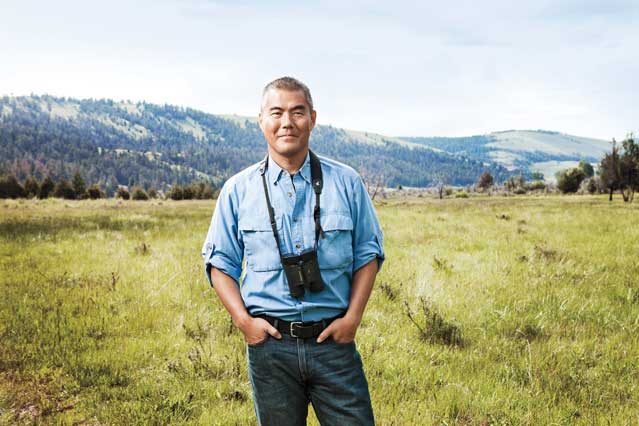I got my Ph.D. from Caltech in computational neuroscience after spending eight years teaching monkeys to push buttons and identify shapes, so I could watch their brain activity on an MRI. All of my energy was going into very abstract questions at a time when we face concrete and pressing issues. When I finished my degree in 1998, I left neuroscience for a job teaching conservation biology in Namibia and British Columbia. It filled a personal void. I could put my talents into saving places I can show my daughter. Now I spend my time traveling between Canada’s most remote regions for the Nature Conservancy, advocating for the preservation of hundreds of millions of acres. We need more people in conservation who are smart enough to be chief economists for big corporations. That’s what it will take to address the huge threats our planet faces.
HOW YOU CAN DO IT: Most professional conservationists have science degrees, but you can become a conservation manager (salary: $50,000–$150,000 a year) with a background in communications, business, or economics, especially if you obtain field experience with an entry-level research position like those listed at the Conservation Biology Institute’s website ().


